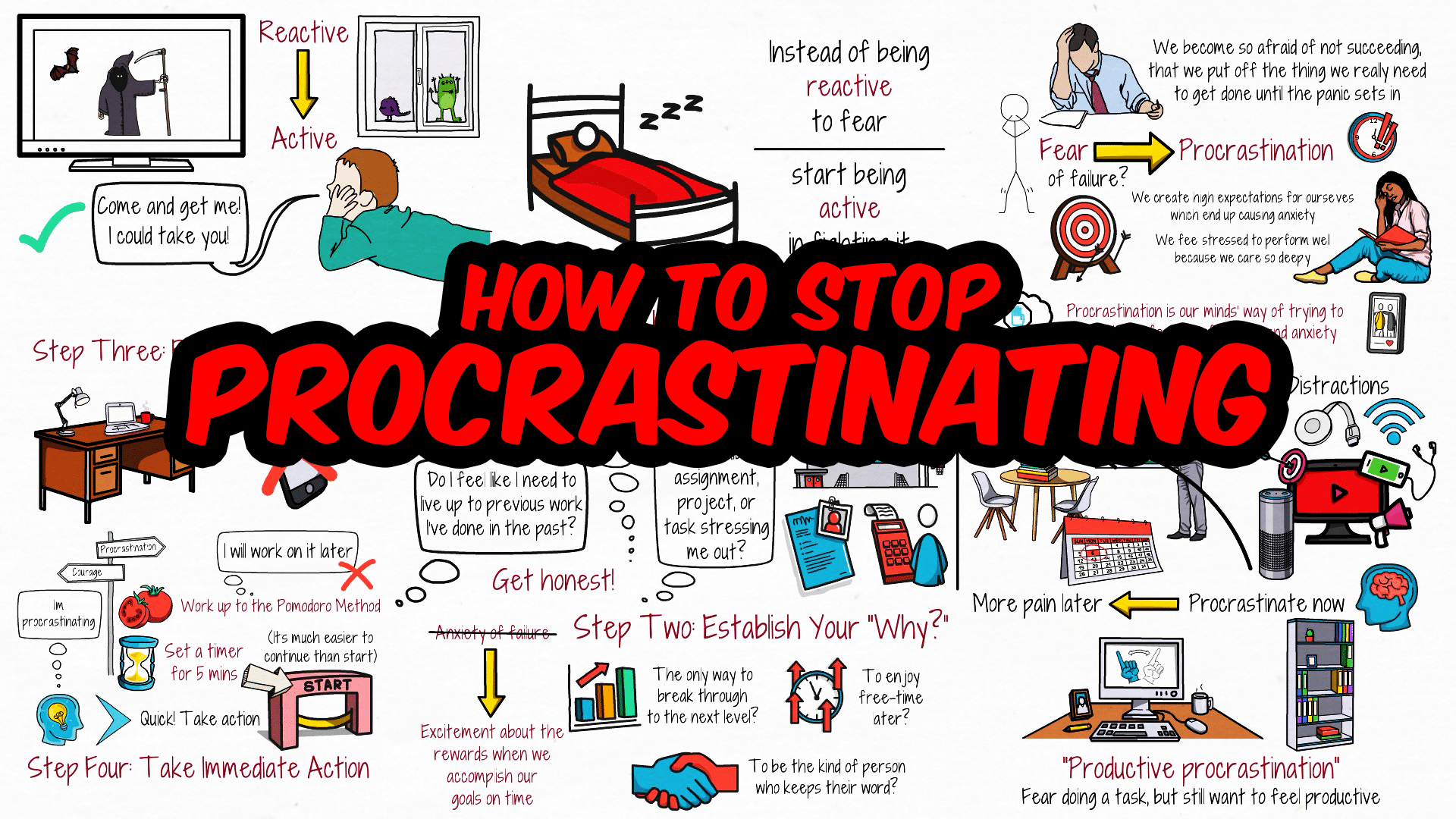The Science Behind Procrastination, Emotional Dependency, and Impostor Syndrome
The Science Behind Procrastination, Emotional Dependency, and Impostor Syndrome
Blog Article
In today's fast-paced world, people often face internal obstacles that hinder their success. Among these, procrastination, emotional dependency, and impostor syndrome stand out as common issues. What can you do to break free from these patterns?
In this guide, we will dive into the causes and solutions these three challenges. By understanding their impact and learning to manage them effectively, you can take control of your life.
Understanding Procrastination and Its Impact
Procrastination is the act of delaying tasks despite knowing their importance. It often stems from fear of failure, lack of motivation, or poor time management.

The effects of como ajudar uma pessoa com dependência emocional procrastination, it can o'que é procrastinação lead to stress, missed opportunities, and reduced productivity. Overcoming procrastination requires practicing self-discipline and creating actionable plans. Consider techniques like the Pomodoro Technique or focusing on time-bound goals to stay on track.
The Nature of Emotional Dependency
Emotional dependency is a state where a person depends excessively on external relationships to fulfill their emotional needs. Although relationships are fundamental, emotional dependency can become unhealthy when self-esteem is tied solely to others’ approval.

Common signs of emotional dependency include a fear of rejection, difficulty making decisions independently, and constant seeking of external approval. To overcome emotional dependency, it’s crucial to build self-confidence and cultivate self-reliance. Engaging in personal development activities and professional guidance can be helpful tools.
Recognizing and Managing Impostor Syndrome
Impostor syndrome refers to a psychological phenomenon where individuals doubt their accomplishments despite evident success. Those affected often attribute their achievements to luck rather than recognizing their talent and hard work.

Impostor syndrome often results in anxiety, self-doubt, and hesitation to pursue new opportunities. Addressing this issue involves challenging self-critical beliefs and acknowledging personal successes. Engaging in supportive discussions and embracing self-compassion can support personal growth.
Steps to Overcome Procrastination, Emotional Dependency, and Impostor Syndrome
To navigate these issues, consider the following strategies:
- Create a routine to combat procrastination and set achievable goals.
- Build self-awareness to identify patterns of emotional dependency and work towards independence.
- Acknowledge your strengths regularly and consider therapy or coaching.
Long-term improvement requires persistence, so stay committed to these approaches to achieve lasting transformation.
Moving Forward from Mental Barriers
Procrastination, emotional dependency, and impostor syndrome can feel overwhelming, but they are manageable with the right strategies. With awareness and consistent effort, you pave the way for a healthier, more fulfilling life.
Take the first step by recognizing these patterns in your life and implementing small but meaningful changes. Remember: progress is a journey, not a destination.
Report this page